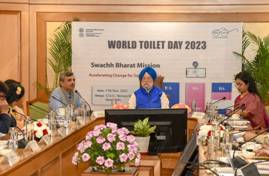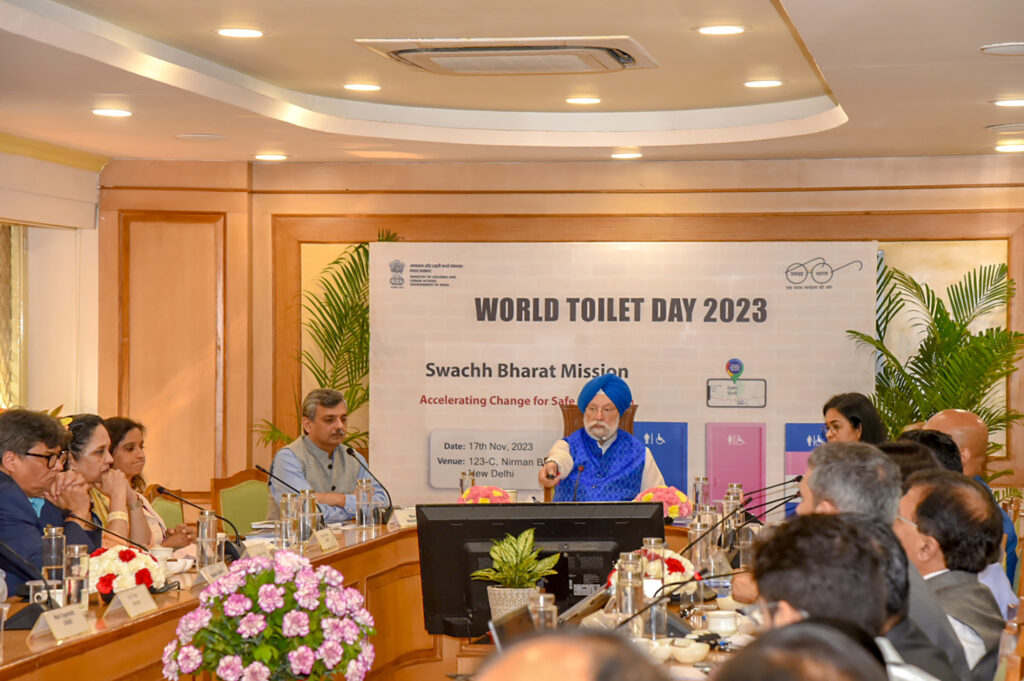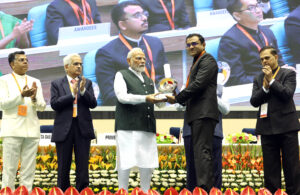The Call to Clean
In a bustling city where life moved at a frenetic pace, sanitation was often an afterthought. Public toilets were often dirty and neglected, breeding grounds for bacteria and disease. The city’s residents had become accustomed to these unsanitary conditions, accepting them as an unfortunate reality of urban life.
One day, a group of concerned citizens decided that enough was enough. They formed an organization called the Clean Toilets Challenge, with a mission to transform the city’s public toilets into clean, safe, and hygienic spaces. They launched a citywide campaign to raise awareness about the importance of sanitation and to encourage residents to take ownership of their public spaces.
No initiative encapsulates the growth of India as well as the Swachhata movement. Only 37% of India was Open Defecation Free (ODF) in 2014. By 2019, we had achieved near saturation through a record construction of toilets”, said Shri Hardeep Singh Puri, Minister of Housing & Urban Affairs and Petroleum & Natural Gas. He was speaking at an event organised by Ministry of Housing & Urban Affairs (MoHUA) to celebrate ‘World Toilet Day’. Shri Manoj Joshi, Secretary, MoHUA, Prof. Dr. Jack Sim, Founder, World Toilet Organisation, Ms. Veena Reddy, Mission Director, USAID, representatives from Sulabh International, HUL, UNICEF, BMGF, ISC-FICCI, and senior officials from Government attended the event.

The Clean Toilets Challenge quickly gained momentum, as more and more people joined the cause. Volunteers armed with cleaning supplies descended upon public toilets, scrubbing away years of grime and neglect. Local artists transformed the walls of once drab restrooms into vibrant murals, creating a sense of pride and ownership among the community.
The city government, initially skeptical of the initiative, was soon won over by the overwhelming public support for the Clean Toilets Challenge. They began to invest in improving the infrastructure of public toilets, providing them with better plumbing, lighting, and ventilation.
As the months passed, the city underwent a remarkable transformation. Public toilets that had once been shunned were now clean and inviting. Residents no longer held their breath when entering these spaces, but instead took pride in their cleanliness. The Clean Toilets Challenge had not only improved the sanitation of the city but had also fostered a sense of community and pride among its residents.
The success of the Clean Toilets Challenge inspired other cities around the world to adopt similar initiatives. The movement for clean sanitation spread like wildfire, transforming cities from dirty and neglected to clean and vibrant places to live.
The Clean Toilets Challenge had shown the world that sanitation was not just a matter of convenience but a fundamental right to human health and dignity. It had demonstrated that even the most challenging problems could be solved through collective action and civic engagement. And it had left a lasting legacy of clean, safe, and hygienic public spaces for generations to come.











More Stories
केंद्रीय मंत्री नितिन गडकरी ने दिल्ली में 12वें सीआईआई जैव ऊर्जा शिखर सम्मेलन को संबोधित किया
मंत्री डॉ जितेंद्र सिंह ने भारत-अमेरिका बंदोबस्ती पुरस्कार प्रदान किए:
आज सावन का पहला सोमवार है। इस पवित्र दिवस पर एक महत्वपूर्ण सत्र प्रारंभ हो रहा है, और सावन के इस पहले सोमवार की मैं देशवासियों को बहुत-बहुत शुभकामनाएं देता हूं।